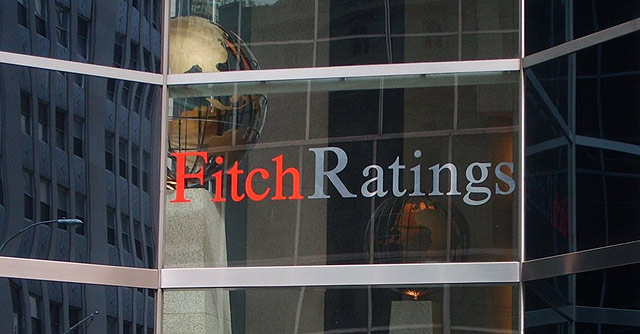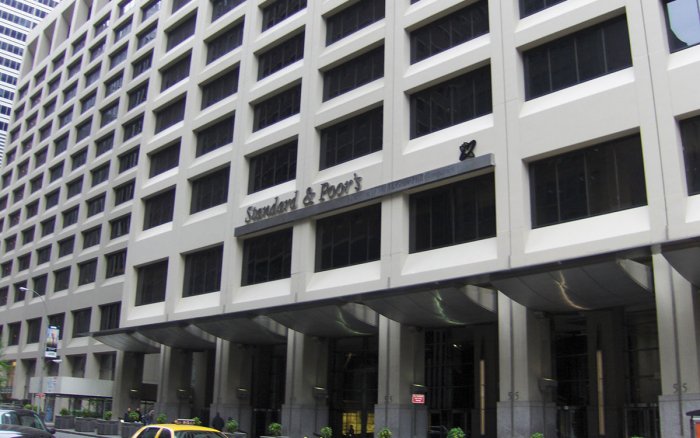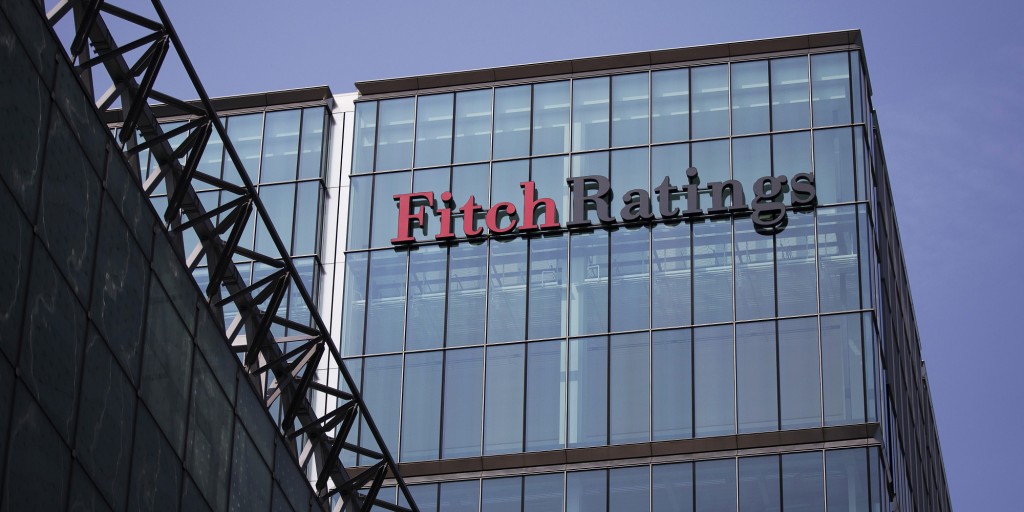Fitch affirms Hungary at ‘BB+’

Fitch Ratings on Friday affirmed Hungary’s long-term foreign currency Issuer Default Rating (IDR) at ‘BB+’ and its local currency IDR at ‘BBB-’ with stable outlooks. The issue ratings on Hungary’s senior unsecured foreign and local currency bonds were also affirmed at ‘BB+’ and ‘BBB-’, respectively. The Country Ceiling was affirmed at ‘BBB’ and the short-term foreign currency IDR at ‘B’.
Fitch said Hungary’s gross general government debt, at 79.2% of GDP in 2013, was around twice the ‘BB’ and ‘BBB’ medians and remained “Hungary’s key rating weakness”. Fitch said Hungary’s average GDP growth remained below that of the country’s ‘BB’ and ‘BBB’ peers, adding that the public sector had been the “key growth driver” so far “raising questions about the sustainability of the recovery”. It acknowledged "conventional and unconventional" monetary policy measures to boost economic activity but said it deemed evidence that private sector activity is strengthening “still tentative at this stage”.
According to the speculations by Fitch, the re-election of Fidesz in the spring with another two-thirds majority in Parliament “is likely to mean that the government will continue to mix fiscal discipline with economic policies aiming to increase the domestic footprint in sectors such as banking and energy”.
Fitch listed among the factors that could trigger a positive rating action a reduction the state debt ratio and a lowering of the share of the debt in foreign currency, a “continued, sustained” reduction in external indebtedness, and “evidence of stronger growth prospects supported by an improved business environment and greater policy stability”. Factors that could trigger a negative rating action involve “sustained fiscal slippage”, “policy missteps that pose risks to the inflation and currency outlook”, and a global financial or geopolitical shock.
Fitch assumes that the Hungarian authorities would “maintain fiscal discipline” and stand by targets in the country’s updated Convergence Program submitted to Brussels in April. Fitch expects no impact of a €10 bln credit line from Russia for the upgrade of Hungary’s sole nuclear power plant was factored into debt sustainability, but conceded that information on the drawdown and repayment schedules of the loan were “scant” at present.
Fitch further assumes is that, under severe financial stress, support for foreign-owned banks in Hungary would come “first and foremost” from their parent banks. It also assumed that economic imbalances within the eurozone would be “slowly unwound”.
-- Christian Keszthelyi contributed to this article
SUPPORT THE BUDAPEST BUSINESS JOURNAL
Producing journalism that is worthy of the name is a costly business. For 27 years, the publishers, editors and reporters of the Budapest Business Journal have striven to bring you business news that works, information that you can trust, that is factual, accurate and presented without fear or favor.
Newspaper organizations across the globe have struggled to find a business model that allows them to continue to excel, without compromising their ability to perform. Most recently, some have experimented with the idea of involving their most important stakeholders, their readers.
We would like to offer that same opportunity to our readers. We would like to invite you to help us deliver the quality business journalism you require. Hit our Support the BBJ button and you can choose the how much and how often you send us your contributions.







